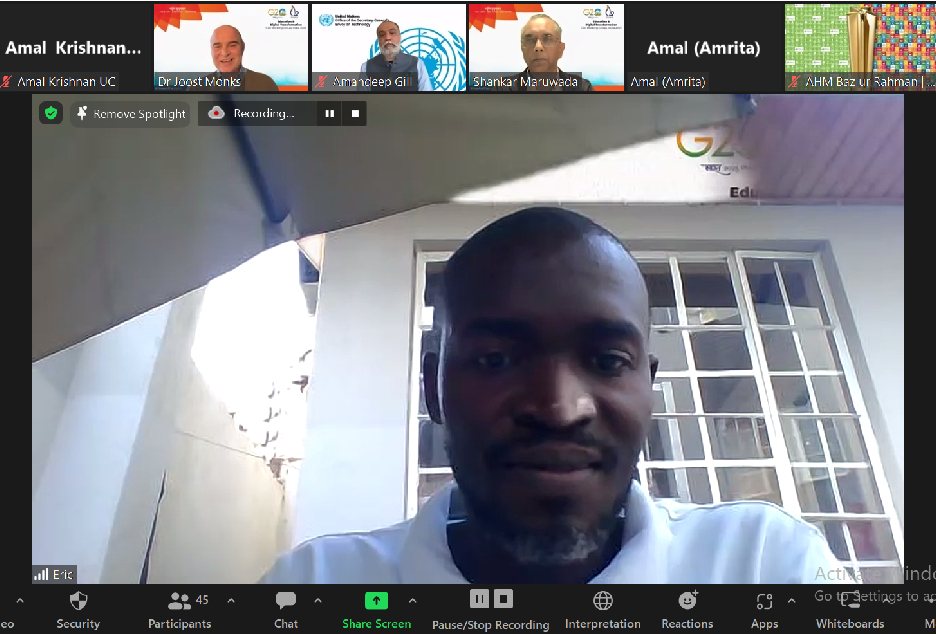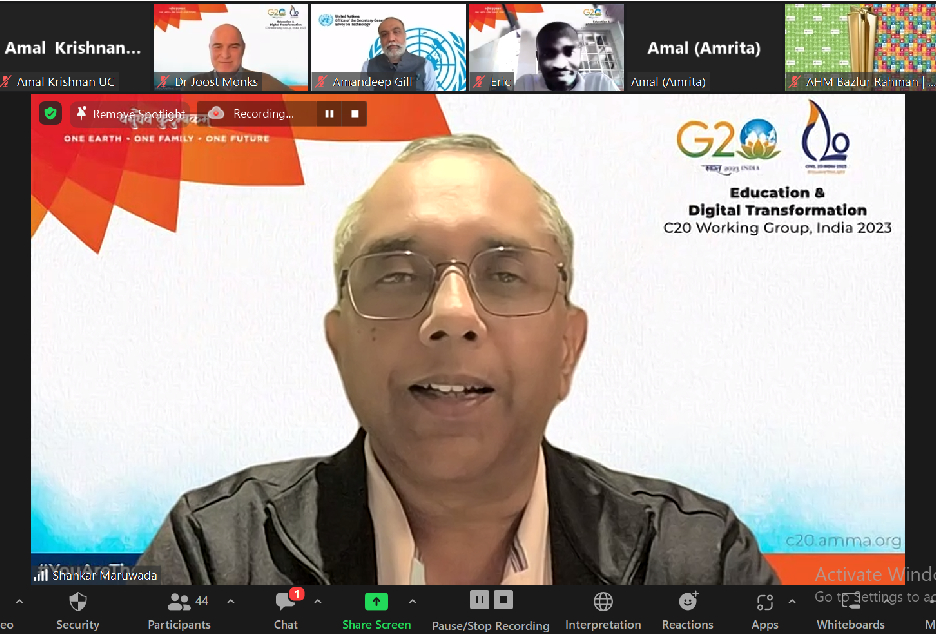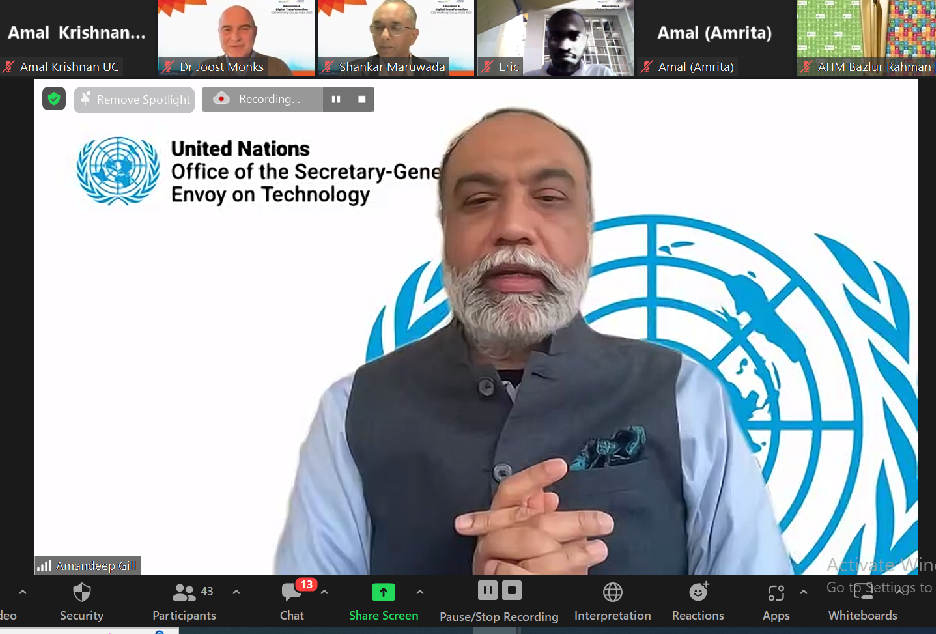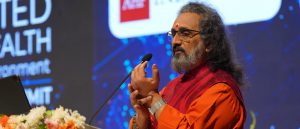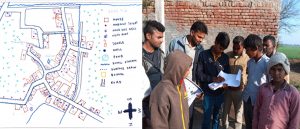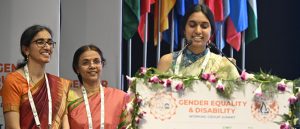An online panel discussion was organized recently as part of the engagement activities of the Civil 20 Education and Digital Transformation Working Group. EDT Coordinator Dr. Joost Monks moderated the panel, and the distinguished panelists include Amb. Amandeep Gill, Under-Secretary-General, Tech Envoy, United Nations; Shri. Shankar Maruwada, Co-Founder and CEO of EkStep Foundation; and Mr. Eric Nyamwaro, Director of the STEM Impact Centre, Kenya.
Amb. Amandeep Gill, Under-Secretary-General, Tech Envoy, United Nations, stated that technology is a human-constructed paradigm, and this digital transformation should ensure no one is left behind. He emphasized that digital transformation can potentially address all the SDG goals, but we should frame policies to alleviate the shared principle for an open, secure, and inclusive environment. He added that the hindrance to adopting digital techno lies in the ethical approach. Human-centric values need more direction in technology.
According to Shankar Maruwada, Co-Founder and CEO of EkStep Foundation, the perspective of CSOs will support overcoming the societal problem. Some barriers to becoming a digital society in the Global South include massive scaling and administration quality. He said the policy program could include a human-centered design and make learning resources more available through teacher training and regional language support.
Eric Nyamwaro, Director of the STEM Impact Centre in Kenya, shared his knowledge, activities, and practical expertise in promoting digital skills in Kenya. He stated that the digital education initiative aims to provide digital access to the most vulnerable members of society and ensure broadband and connectivity to deliver a computer-based curriculum.
Dr. Prema Nedungadi said, “When we talk to some of the NGOs in Africa and other countries, we felt we could very well align with the government in terms of the digital od. And the direct transfer to the beneficiaries because what we heard is that there is a lot of fun, but it does not always reach the beneficiary in many other countries. And, so implementing this in India, we feel, has been a major. You know, Major, an obvious benefit. We can see the change, and it’s definitely something we would recommend from the C20.
… the building blocks can be replicated or offered to other countries. Yes, it was very interesting to hear that in Kenya, there are very good new policies and how there is the huge gap of the practice.”
